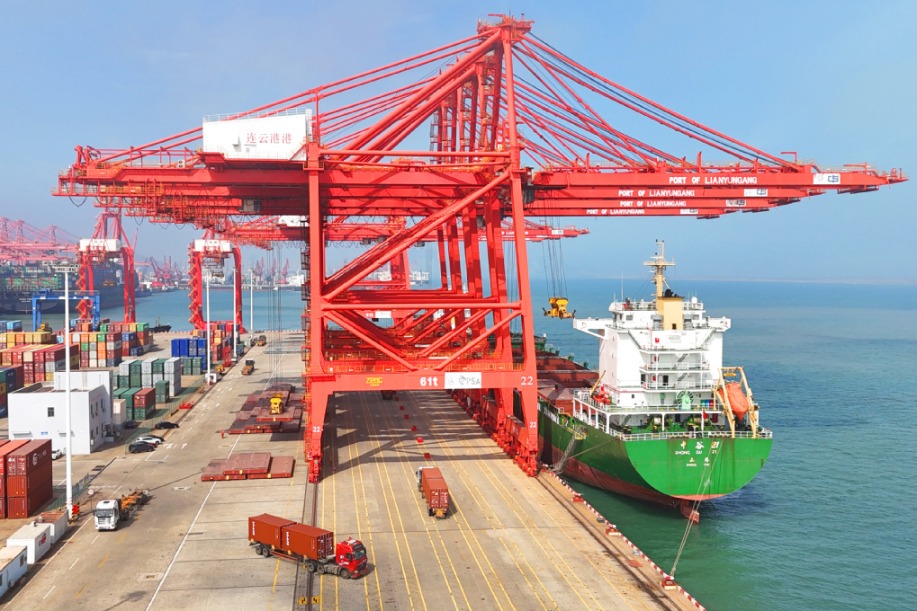Fish stocks dive as climate change takes its toll
By PRIME SARMIENTO in Hong Kong | China Daily Global | Updated: 2022-10-10 09:46

Prices of fresh fish have been rising in Southeast Asia in recent weeks. While this can be attributed to the monsoon season, which shrinks supply, environmentalists say the rises are also a symptom of a deeper malaise: depleted stocks in the oceans because of overfishing and climate change.
"Less stock over the monsoon season used to be a seasonal thing," said Serina Abdul Rahman, a lecturer in the Department of Southeast Asian Studies at the National University of Singapore. "But now there seems to be a prolonged decrease in those stocks.
"This is a phenomenon happening across Southeast Asia — small-scale fishers coming back empty-handed. Their traditional livelihoods seem to be almost at an end." Fisher folk are "really struggling", she said.
Rahman, an environmental anthropologist who has extensively studied fishing communities in Malaysia, said long years of overfishing by open and deep sea trawlers have depleted the oceans, and that the problem has spread to coastal areas where traditional fishers depend on the seas for their livelihood.
Climate change has exacerbated the situation as it has led to changes in water currents and temperature that have harmed species productivity and damaged coral and sea grass areas.
Retail prices of fresh fish sold in Indonesia, Malaysia and Singapore have risen about 20 percent this year, the news network Channel News Asia in Singapore said in a recent report. Prices are expected to rise further in the next few months as demand increases on the back of the holiday season.
Neil Hutchinson, senior lecturer for environmental science at James Cook University in Singapore, said fluctuations in fish catches usually occur due to changes in monsoons. But in the long term, "there is a real issue in the world's oceans around dwindling fish stocks," he said, noting that wild capture fisheries "have already reached a peak and plateaued".
The 2021 Global Fishing Index report published by Minderoo Foundation in Australia, said half of the world's 1,400 assessed fish stocks are now overfished, and nearly a tenth of fish stocks globally are now on the brink of collapse.
A paper published in the Global Change Biology journal on Sept 1 said climate change has reduced fish stocks in 103 of 226 marine regions studied, compared with historical levels.
According to simulations made by researchers at the University of British Columbia in Vancouver, the Stanford Center for Ocean Solutions in California and the University of Bern in Switzerland, when fisheries management focuses on the highest sustainable catch per year, the additional climate impacts on fish at 1.8 C warming would result in fish stocks being unable to rebuild themselves.
Dennis Calvan, senior manager for policy and government engagement with the marine conservation group Rare Philippines, said that with managing fishery resources "we need to understand what the science says".
Apart from imposing a closed season for fishing, Calvan said, governments need to implement other measures such as restricting gear.
























